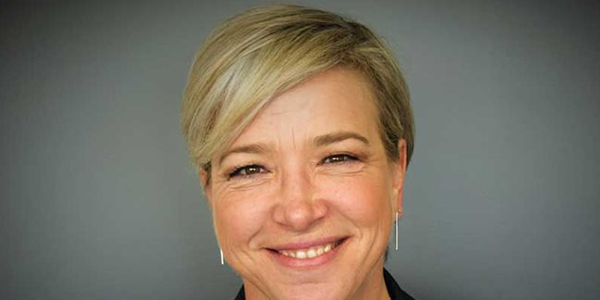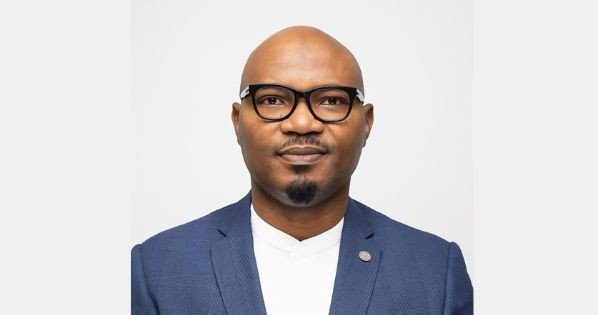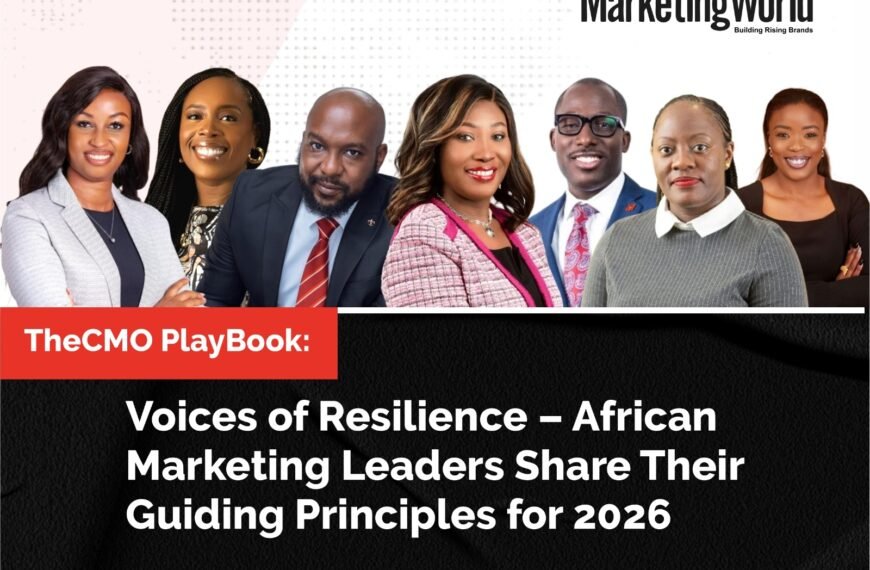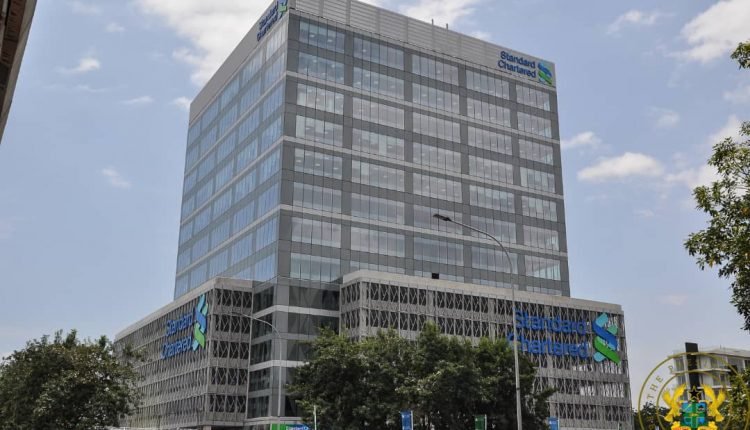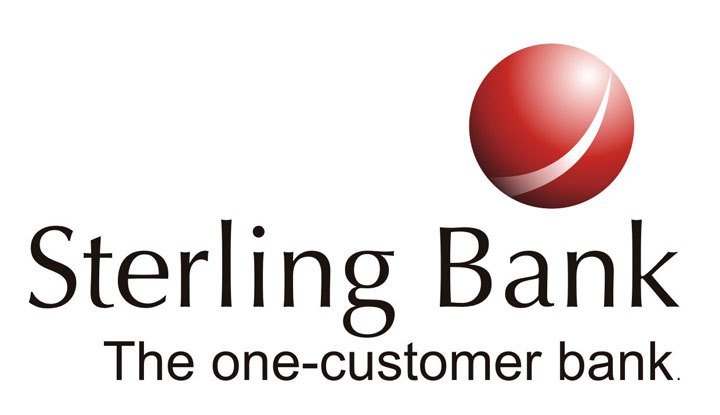Monika Iuel has been appointed as the new chief marketing officer at Wesgro, the official tourism, trade and investment promotion agency for Cape Town and the Western Cape.
Find out more about the appointment and what advice she has for the local tourism industry as we navigate through the pandemic;
Congrats on your appointment as chief marketing officer at Wesgro. How do you feel about it?
Thank you very much. I feel thrilled to have been selected for the role, and honoured to be able to contribute to the Wesgro team’s efforts in re-energising Cape Town and the Western Cape’s tourism economy in a post-Covid world. I have no doubt that there is a long road ahead, but firmly believe in the opportunities public-private partnerships will present in delivering a recovery for tourism.
As the new chief marketing officer, what will your role entail?
The chief marketing officer role entails leading and managing the destination marketing effort to position Cape Town and the Western Cape as a world-class leisure and business tourism destination, and a leading business hub for Africa.
How and when did this come about? When do you take up this position?
My official start date is 15 March 2021. The CMO role had been vacant since Margie Whitehouse’s departure in June 2020, and I was lucky enough to be considered during a recruitment process concluded in December last year. Due to my time at SA Tourism and my involvement with the TBCSA’s Inbound Recovery group last year, I felt that the CMO Wesgro role would provide me with an opportunity to further support the tourism recovery and use my international and local connectivity on a wider platform.
What excites you most about joining Wesgro?
I have always admired the work the team at Wesgro does, right back to my time at SA Tourism. They punch above their weight, attract incredible talent and have a very strong belief in the contribution that they can make to the province. Besides which, the Western Cape is definitely the most incredible province in terms of what it has to offer, and being allowed to market Cape Town and the Western Cape to the country and the world is a real privilege.
You began your career in the early 90s. What do you love most about your industry? What has been your biggest highlight?
Tourism in South Africa has certainly been my passion right from the start. There are so many facets to the sector: the passionate entrepreneurs, the creative experience curators, the scenic beauty, the courageous conservation efforts, the delighted tourists; but most of all the sector’s ability to uplift the country and its individuals.
Tourism is one of our largest exports, an apex industry that transforms livelihoods across a great diversity of industries, and we consistently exceed expectation when first-time travellers come to our shores.
So it’s a wonderful way to express your pride in your home, being able to showcase it to the rest of the country and the world.

Cape Town has long been seen as a destination of choice for both local and international travellers and Covid-19 has certainly impacted the travel and tourism industry across the globe. What approach are you and your team taking in ensuring that Cape Town is still a destination of choice?
It’s too soon for me to answer this question in any great detail. It’s safe to say that the team takes their responsibility to bring Cape Town and the Western Cape back to its full potential and beyond, thereby ensuring recovery of the tourism economy and its stakeholders, very seriously, and that there is a great sense of urgency to ensure that we do so as soon as is humanly possible.
What advice do you have for the tourism industry as we navigate through the pandemic?
The past 12 months have been brutal in terms of impact on the industry, and I know first-hand that most businesses have had to make some really tough decisions in order to stay afloat. Whilst the current situation still looks grim, I am confident that we are almost through the storm, with many key source markets already reaching important milestones in their vaccine campaigns.
There is also compelling evidence that there is massive pent up demand globally, and as a destination, we need to be ready when that starts to turn on. The most important thing right now is to look forward, stay agile and continue to conserve resources.
Our industry has always flourished through strong relationships, and continuing to make commercial decisions on the basis of long term partnerships will stand businesses in good stead in the recovery period.
In your opinion, what will travel look like in 2021 and going forward?
It’s anticipated that leisure travel will be the first to recover in the short term; business events and the cruise industry will take longer to recover and will be reliant on a stronger Covid vaccine response globally, which means the recovery of the total tourism industry to pre-Covid levels will be slow.
All global economies are under pressure, and it’s expected that this will impact tourism spend for quite some time to come (and may favourably impact growth in low-cost carriers and short-term rentals).
“Bleisure” is a key trend that will likely persist for some time, with the ability to work from anywhere in the world resulting in longer stays combining work and holiday. In the short term, it’s clear that mainly destinations offering wide open spaces and outdoor activities are being sought by consumers, and Cape Town and the Western Cape have these in abundance.
There will likely be more disruptors in the tourism space in future, leveraging the spirit of change; however, in the foreseeable future, the traditional channel will likely be strengthened due to the peace of mind provided through e.g. ATOL bonding, in-market consumer protection laws and on the ground assistance in the destination
